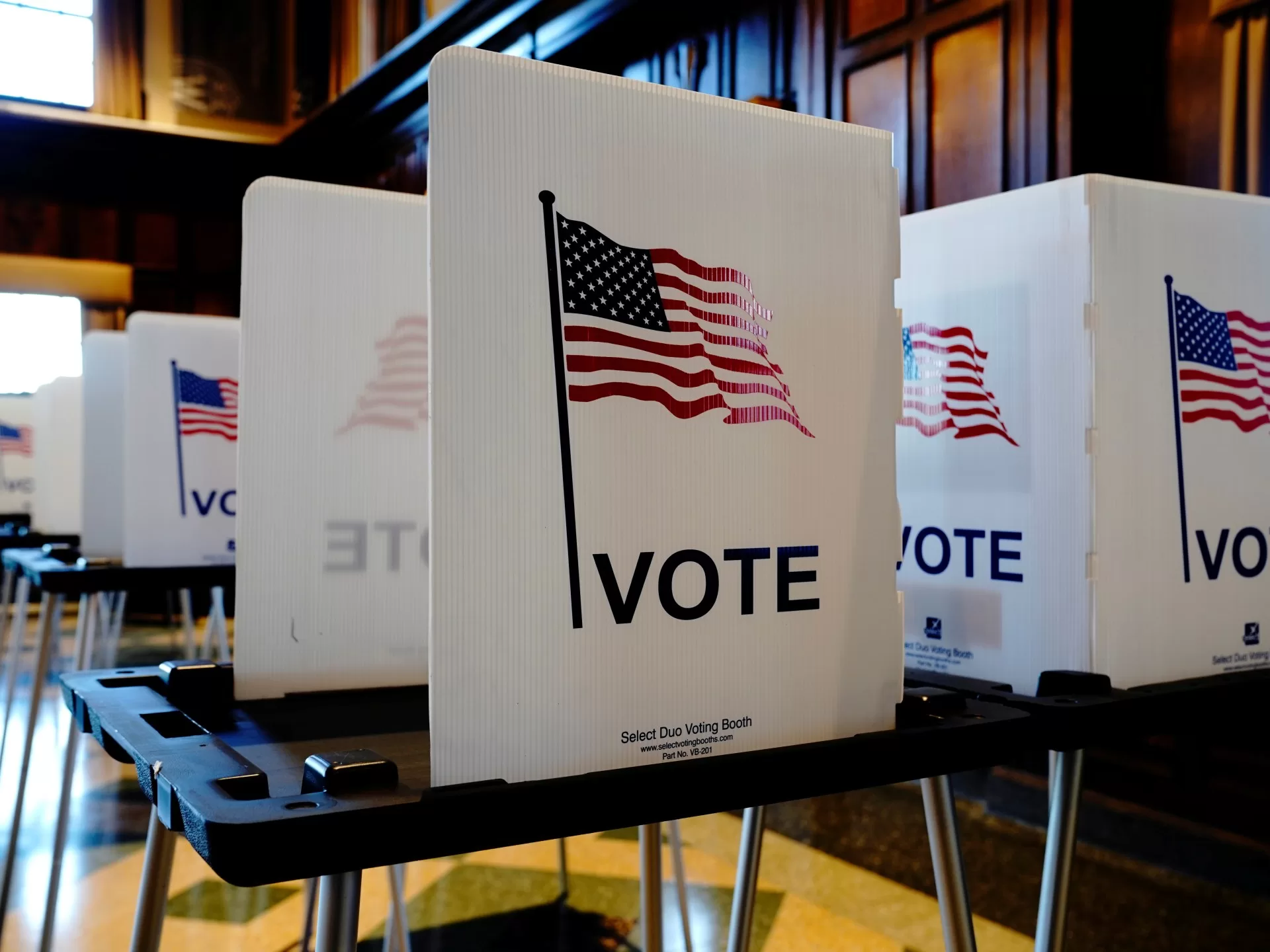EXPLAINER
Americans are heading to the polls on November 5 as part of an Election Day tradition dating back to the mid-1800s.
Across Latin America, it usually falls on a Sunday. In India, it can span weeks given the country’s vast territory. And in the Middle East, Saturday is frequently the pivotal day.
But in the United States, every four years, votes for president are cast on the first Tuesday after the first Monday in the month of November.
That’s right, we’re talking about Election Day.
And this year is no different: Millions of Americans will head to the polls on November 5 to vote for either Democratic Vice President Kamala Harris or her Republican rival, Donald Trump.
Yet, despite the country’s long history of holding presidential contests in early November, what is less widely known is why or how that tradition got started.
According to historians, it is all tied to American farmers. Yes, really.
But before we get into that, you first need to know what system was in place before US presidential elections were held on a single date nationwide.
Up until the mid-1800s, election dates varied by US state, so long as they were scheduled in the weeks before the Electoral College met in December.
In 1844, for example, the presidential election was held over a one-month period between early November and early December.
Some critics said the system was inefficient and worried that holding votes on different dates could also influence the results, according to History.com.
If Americans saw that a presidential hopeful did well in an early-voting area, for example, that could lead to a better result for the candidate in other parts of the country that voted later.
So in 1845, the US Congress passed an act (PDF) to establish a uniform date to elect the president and vice president in all the states of the Union.
That date, the act states, should be “on the Tuesday next after the first Monday in the month of November”.
But why a Tuesday, and why in November? Here’s where the farmers come in.
At the time, many Americans in the fledgling country — then less than 100 years old — were involved in agriculture.
Simply put, November was chosen because it did not coincide with the busy spring planting season or the autumn harvest, and it came before cold winter temperatures set in.
Many of these early American farmers also lived in rural areas far from larger population centres where ballots were typically cast. This meant that it could take a day of travel to reach their polling place.
The day of the week for the election was also chosen by a process of elimination. Sunday was out of the question because this is when Christians attend church.
And Wednesday was typically “market day”, when farmers sold produce and other goods.
For those same reasons, Sunday and Wednesday could not be considered for travel days either — so the idea of holding the election on Monday or Thursday was nixed too.
Therefore, Tuesday was the best choice.
So there you have it. “The Tuesday next after the first Monday in the month of November”, explained.
